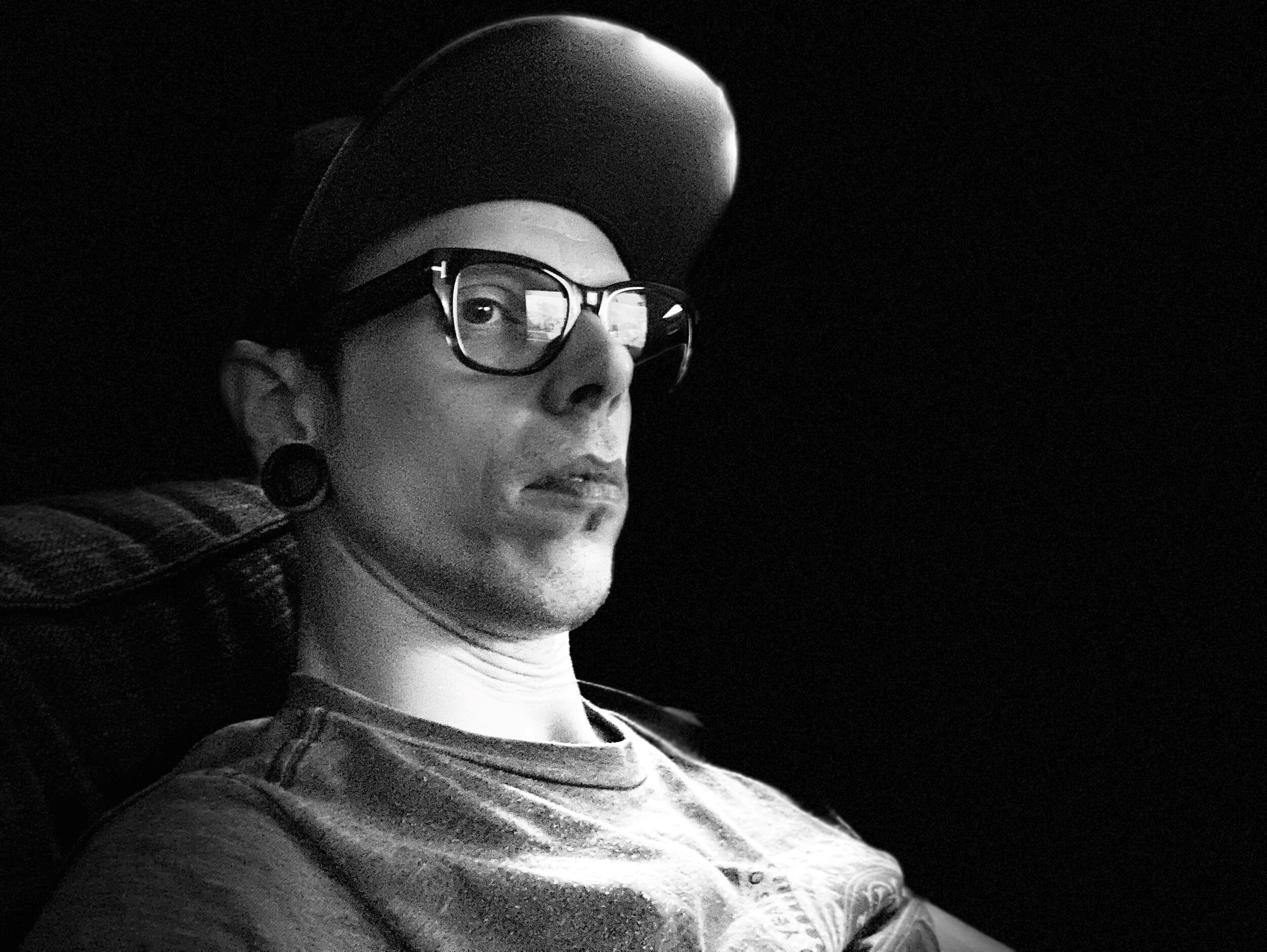The Salem Witch Trials
/
In June of 1692, Bridget Bishop was hanged to death on Salem’s Gallows Hill for practicing witchcraft. Over the next few months, eighteen additional women would be hanged in what would become infamously known as the Salem witch trials.
It all began several months earlier in January of that same year. Elizabeth Parris, the young daughter of Salem Village minister Samuel Parris, began exhibiting strange symptoms described as fits of ‘violent contortions, and uncontrolled outbursts of screaming.’ A short time later, Elizabeth’s cousin Abigail Williams began to develop similar symptoms. A local doctor named William Griggs diagnosed the two young girls with bewitchment, and it wouldn’t be long before numerous other girls in the village seemed similarly afflicted.
In late February, local authorities issued arrest warrants for three women. Tituba (the Parris’ Caribbean slave), a homeless woman named Sarah Good, and the elderly Sarah Osborn. The latter being accused directly by the young girls of bewitching them. When the three women were brought before the magistrates and questioned, both Good and Osborn denied any wrongdoing against a backdrop of young afflicted girls writhing and screaming in the courtroom. Tituba alternatively, confessed. It is believed she confessed to carry favour with the magistrates and avoid the worst of the punishments by acting as an informer. After naming several other women, some of whom considered upstanding community members and church members, hysteria began to spread beyond the village into the rest of Massachusetts.
As more and more women were accused, more still would confess, and in turn, name others in the hopes of carrying favour for themselves. The courts became overwhelmed, and in May of 1692, the Governor of Massachusetts, William Phips, ordered the creation of a special court to preside over the witchcraft cases.
On June 2nd, the court would hand down its first conviction. Bridget Bishop, convicted of the crime of witchcraft, would be hanged eight days later. The following month would see five more people hanged—an additional five in August and eight more in September. Seven of the accused witches would die in jail awaiting trial.
Eventually, some voices of reason began to emerge. A well-respected minister named Cotton Mather spoke of the “dubious value of spectral evidence (testimony about dreams and visions).” Sadly, his warnings were largely ignored. Cotton’s father, Increase Mather, who was president of Harvard College at the time, echoed his son’s sentiment expressing that the standard for evidence in these trials should be equal to that of any other criminal proceeding.
By early autumn, public support for the trials began wearing thin, and Governor Phips dissolved the special court. Though some local courts continued to prosecute well into 1693, the Governor pardoned and released all of the remaining accused by May of that year.
The Salem witch trials’ dark legacy would haunt the community and surrounding areas for generations to come, and would continue to fascinate us in the centuries that followed. In recent years, the term “witch-hunt” has been thrown around quite a bit. It has been favoured by U.S. President Donald Trump when describing the investigations into his campaign finances and Russian meddling in the 2016 election. Though his flippant use of the term may seem blusterous, and at times even ridiculous. It should serve as a stark warning to us all. In 1692 the poor living condition, and mistrust amongst neighbours resulting from a recent war between the French and the British, created a situation ripe for the spread of misinformation.
Today we find ourselves in yet another era of rampant misinformation. Though, we may not be as superstitious as we once were. The dangers of hysteria induced actions are still very real when we grant others the privilege of doing our thinking for us.
We have a responsibility to ourselves and to our communities to stay informed. It is imperative to try to understand as many sides of a situation as possible. We should expose ourselves to the opinions of those we disagree with and ultimately formulate our own informed opinions. Only then can we prevent this dark history from repeating itself.
For more information please visit: https://www.history.com/topics/colonial-america/salem-witch-trials
Kris Brabant is a professional writing student at Algonquin College. He is a history junky, who is fascinated by all things strange, creepy and generally unsettling.



